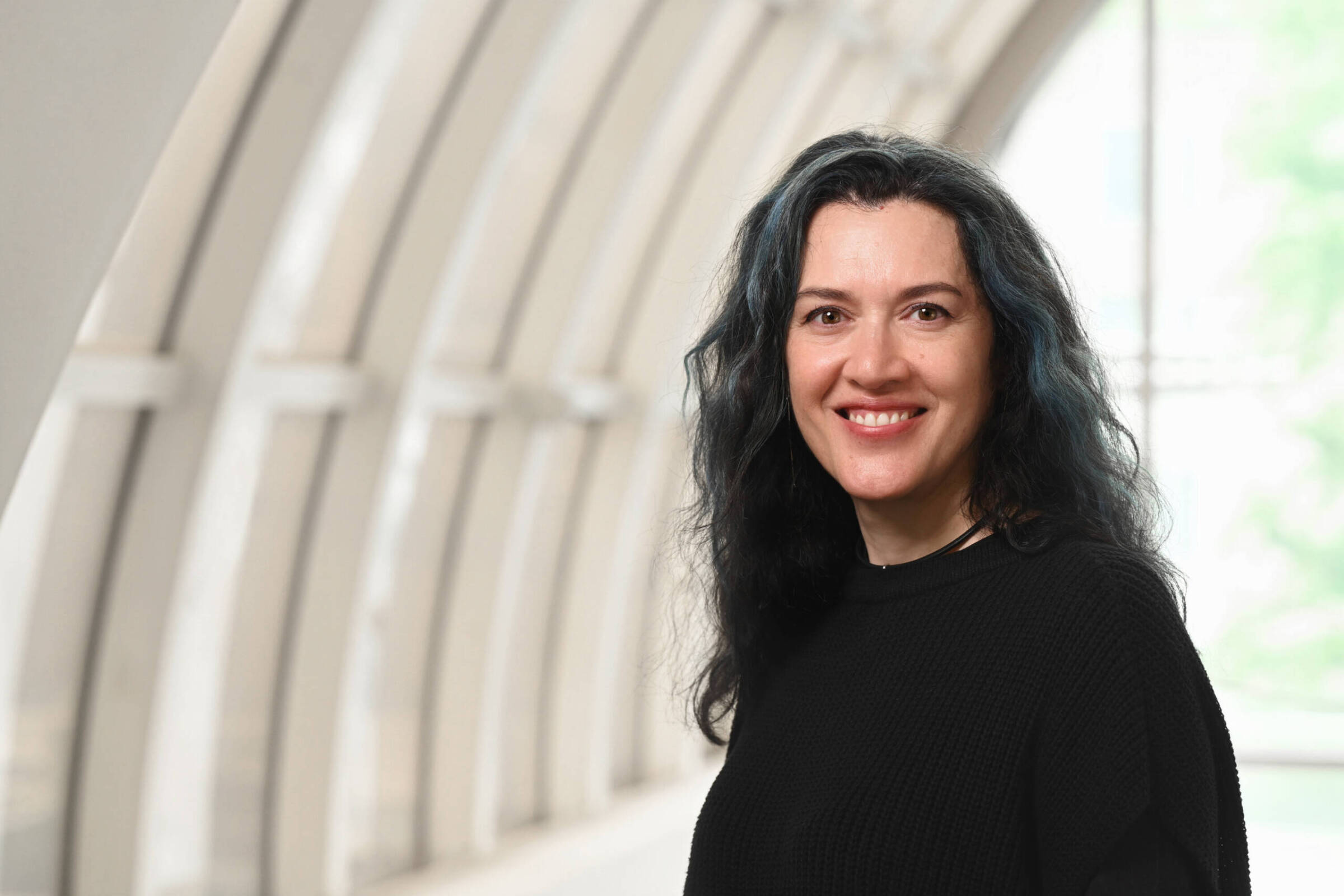Rockefeller University Computational Biologist Receives Presidential Early Career Award

Terry Gaasterland
Theresa Gaasterland, Ph.D., a computational biologist at The Rockefeller University, was one of 20 National Science Foundation-supported researchers named by President Clinton as recipients of the fifth annual Presidential Early Career Awards for Scientists and Engineers (PECASE), the highest honor bestowed by the United States government on young professionals at the outset of their independent research careers. The awards were presented yesterday at the White House Old Executive Office Building by the president’s science advisor, Neal Lane.
Gaasterland, assistant professor and head of the Laboratory of Computational Genomics, focuses on designing and developing computational methods to handle the huge amount of data generated by genome sequencing projects. In collaboration with sequencing groups in the United States, Canada and Europe, she created and spent several years refining a system called MAGPIE (Multipurpose Automated Genome Project Investigation Environment) to analyze data in real time and beyond the lifetime of the sequencing project. In her laboratory at Rockefeller, she works to combine artificial intelligence and database search engines to make this data accessible to scientists and to drive the construction of logical models of organisms. Her goal is to create models that will, in turn, lead to better drug targets for pathogenic organisms, improved understanding of genomic regions associated with human disease and deeper insight into the evolution of biochemical pathways.
Computational biology requires massive computing power, so Gaasterland has teamed up with Andrej Sali, Ph.D., associate professor and head of a Laboratory of Molecular Biophysics, to build a 218-CPU supercomputer at Rockefeller for integrated genome annotation and protein structure modeling. Sali uses the protein-encoded regions identified by Gaasterland to predict protein structure using a computer program he developed called MODELLER.
Gaasterland came to Rockefeller in 1998 as an assistant professor and head of laboratory. She received a bachelor’s degree in computer science and Russian in 1984 from Duke University, where she was an Angie B. Duke Scholar. She went on to the University of Maryland, where she received a master’s degree (1988) and a doctoral degree (1992), both in computer science. After receiving her doctoral degree, Gaasterland spent six years at the U.S. Department of Energy’s Argonne National Laboratory, first as an Enrico Fermi Postdoctoral Scholar (1992-1994), then as an assistant scientist (1994-1998).
The PECASE award is the highest honor bestowed by the U.S. government on outstanding scientists and engineers who are in the early stages of establishing their independent research careers. Nine participating federal agencies shared 59 PECASE awards for 2000. The Clinton Administration established the awards in February 1996 to recognize some of the nation’s finest junior scientists and engineers and to maintain U.S. leadership across the frontiers of scientific research. Since then, three Rockefeller University scientists have received the honor. Ali Hemmati-Brivanlou, Ph.D., professor and head of the Laboratory of Molecular Vertebrate Embryology, was Rockefeller University’s first recipient of the PECASE in 1996. Peter Mombaerts, M.D., Ph.D., assistant professor and head of the Laboratory of Developmental Biology and Neurogenetics, received the award in 1997.


